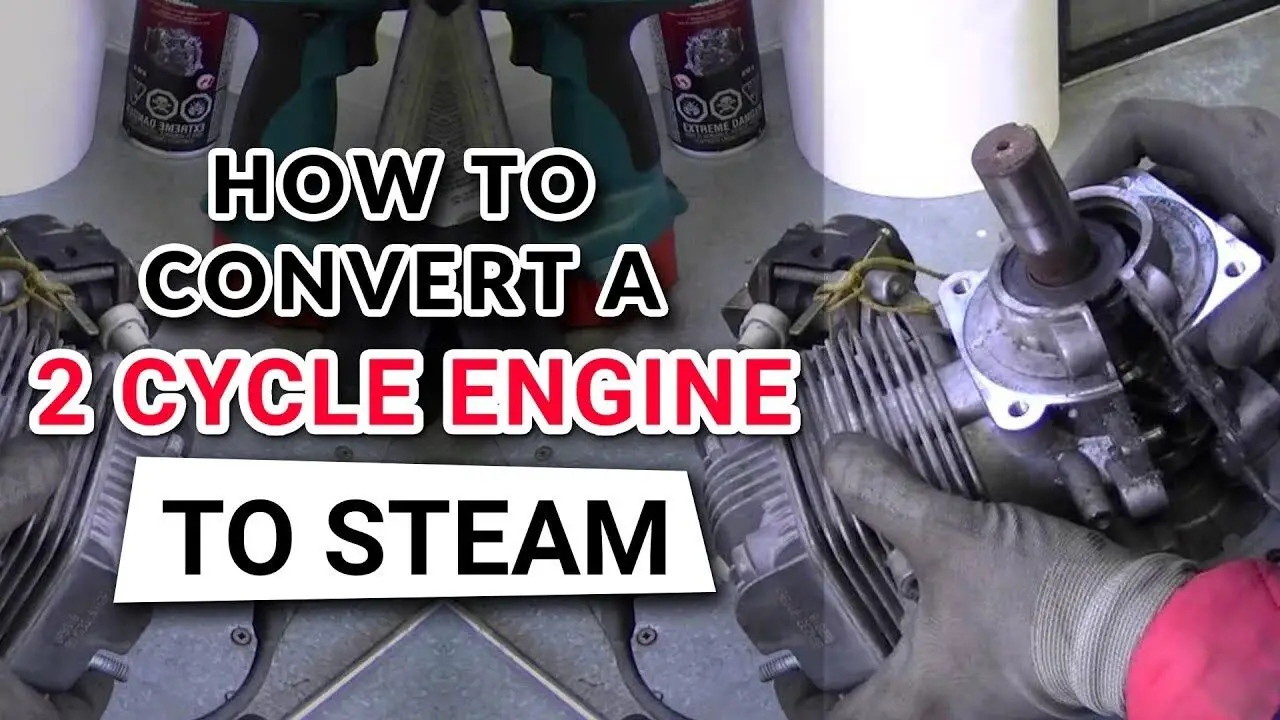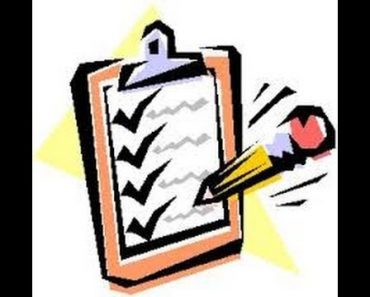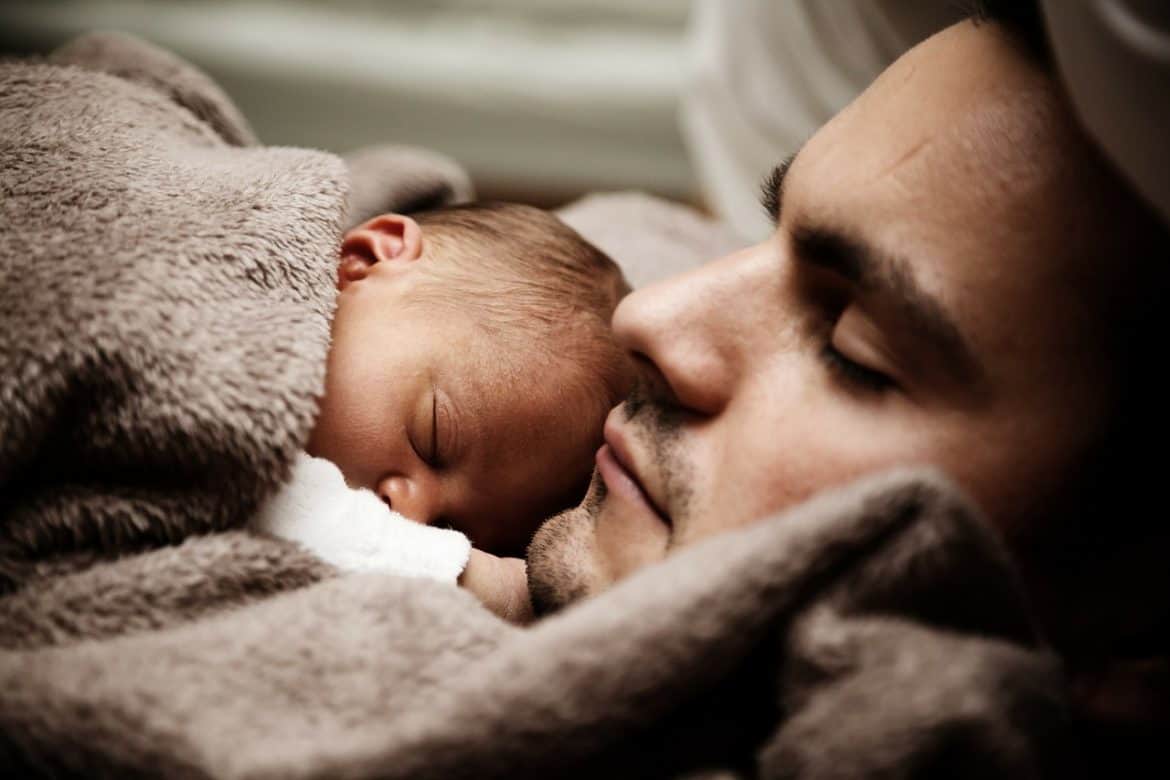Be balanced in your life. You cannot be a superman 24-7-365. You have to take time to make connections with your family, to rest, to play. Sprinting is healthy in short duration, but prepping is a lifestyle not a race. (Easier said than done, I have the most problem with this one.) As I […]
Author: David Nash
Prepper Precepts #14 Be Rigid. There are Moral Absolutes
Be rigid. There are moral absolutes. No matter how ugly life gets, what separates the human from the animal is our ability to distinguish right from wrong. Sometimes, the right thing is the one thing you don’t want to do, but not wanting to do what is hard is not justification for being evil. […]
Parenting And Sustainability: Let’s modify this train of thought a bit!
I have a guest post this week on Parenting And Sustainability by Ellen Spencer. Good parenting is a skill that is learned. It comes with experience and abiding by the basic rules of how to be a good and responsible parent. Boundaries are set for kids; instructions are given on how and why elders must be […]





